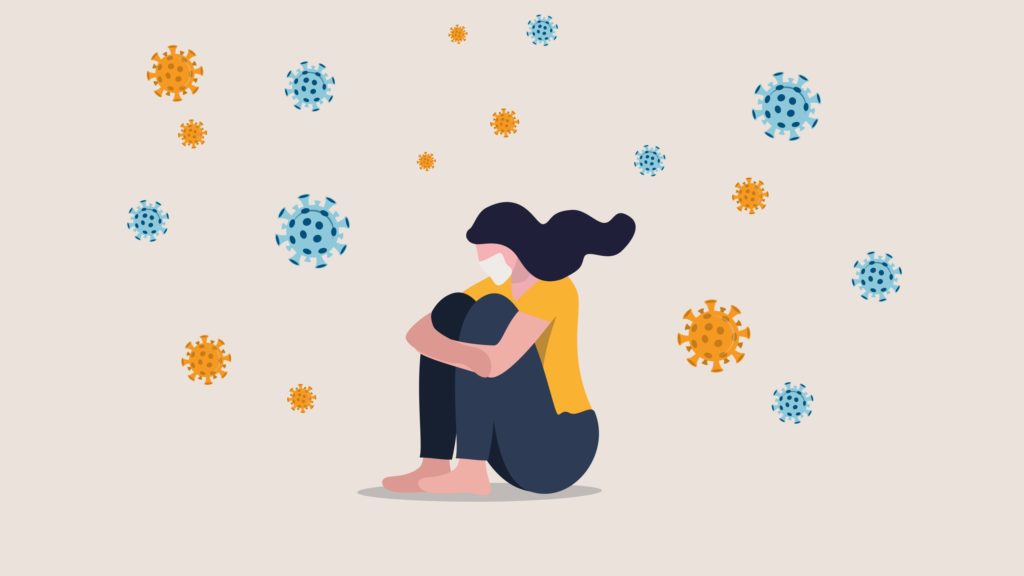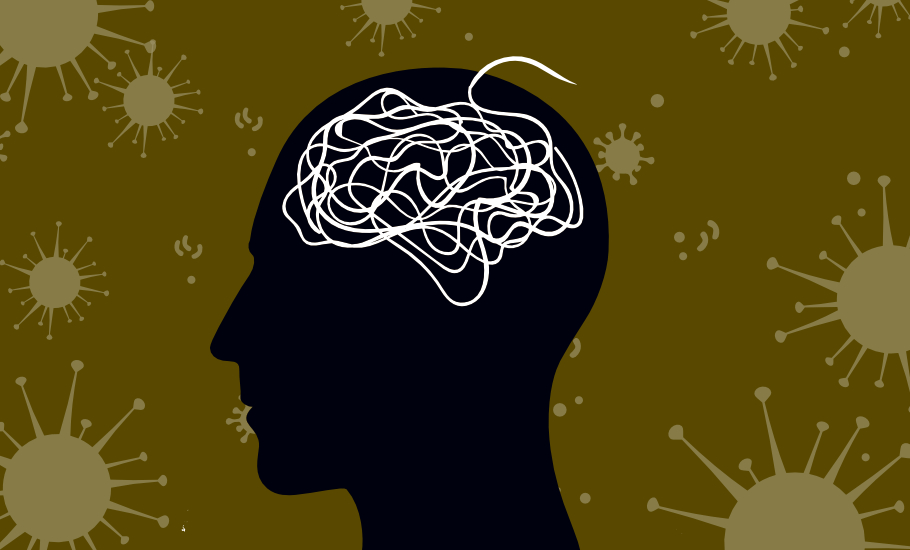Greetings,
I wanted to send a brief message out to all my clients and readers. With COVID-19, we have been plunged into an unexpected and unprecedented global crisis. I hope you’re doing as well as you can in terms of your mind, your body, and your relationships.
[To follow best public health practices, I’ve moved all meetings to an online or phone-based format. I am honoring currently scheduled appointments and made a number of new openings.]
Coping Skills for the COVID-19 Pandemic
I was able to meet remotely with a number of people last week, and I heard many stories. This inspired me to create a list of things to keep in mind to promote your health and wellbeing at this time. While, everyone’s experience of the coronavirus pandemic is different, there are number of coping skills that we all can benefit from.
[See my “10 Essentials for Mental Well Being” for a very good, all-purpose list of coping skills.]
I’ll begin with three themes from my recent client talks: Being proactive about your feelings, staying in the present moment, and focusing on what you can control.
1. Where your feelings go, your thoughts will follow…
Many of you have already used my “feelings and sensations and behaviors” list. As we all commit to “shelter in place,” this is a good time to break that list out and get on top of our emotions.
[See a blog post about using the list, and a link to the list.]
Despite our varied circumstances, I believe it’s reasonable for all of us to strive toward a core set of resilient emotional responses to the coronavirus crisis: feeling present, feeling grounded, feeling patient, feeling open, feeling vulnerable, feeling thankful, feeling curious, etc.
Take a breath and see what feelings are coming up for you now. Can you tap into any of these resilient feelings?
Yes, obviously people are also likely to feel anxious, threatened, confused, nervous, and apprehensive. These are perfectly normal and reasonable emotions to experience at a time like this. And, if we can maintain a core set of open, present and grounded feelings we will be much more able to bear our troubled feelings and still retain our ability for mindfulness and action in the present moment.
To use the Feelings – Sensations – Behaviors List:
1. Scan the list and identify feelings that resonate with you now. You can also scan the list of sensations and behaviors. Don’t edit yourself, just identify the feelings.
2. Now, see if you can reach for a set of core feelings you would like to cultivate, a good baseline emotional response for yourself—warm, calm, aware, thankful, loving, etc. (You also locate some core sensations and behaviors.)
3. Next, identify feelings you would like to reach for, that you would aspire to feel. (Again, you can do the same with the sensations and behaviors.) Start with feelings that you can easily “touch.” Even in a crisis, we can tap into presence, vulnerability, appreciation, hope, etc. Then identify “stretch” feelings: secure, confident, engaged, brave, daring, worthy…
The more you use the list in a proactive way, the more you will prime your mind and body to inhabit these desired feelings, sensations and behaviors. Try it. This really works!
2. The More Uncertain the Future, the More it Makes Sense to Focus on the Present…
The situation with COVID-19 is swiftly evolving. It situations like this it makes sense to maintain a present focus. And, typically, the greater the crisis, the more helpful to be stay in the present moment. (If you highlight the core feelings you identified in the earlier exercise, it will be easier to stay in the present.)
You may need to address future concerns, but make sure that you are doing it from a place of being grounded in the present. This is a subtle but important distinction. From your place in the present, you can begin to consider some future scenarios. You can gather evidence, weigh the possibilities, pick actions, even see opportunities. This is very different from being panicky and swept up in our anxiety and imagination (that is, catastrophizing).
[If you too anxious to get yourself into the present moment, you might also consider these anxiety coping tips.]

3. What Can I Control?
By staying with the present and what we can control, we utilize our brains in the best way. When we are grounded and open, we are more able to consider what is in our control, our moment-to-moment and day-to-day actions. This is where the action is. The UK Mind site has a good coping resources, particularly for staying at home or indoors.
Focusing on things we can control helps to balance the alarm signals form our limbic system with the creativity and planning of our prefrontal cortex. As neuropsychologist Alex Korb says in a recent post:
“There are always things out of your control, but it’s the things you focus on that most strongly influence your wellbeing. The more you focus on things you can’t control, the greater the reactivity of your brain’s emotional circuitry – the limbic system – and the more out of control you feel. But the more you focus on things that are under your control, the more your limbic system calms down, and the more in control you feel.
Interestingly, you can’t fully control what you focus on. Some of your attention is controlled by the automatic activity in your limbic system, which will draw your attention to the worst parts of reality. But don’t get too upset with your brain; it’s just trying to keep you safe.
Fortunately we (humans) have a highly evolved prefrontal cortex whose job is to help regulate the limbic system and plan for the future. While you don’t have total control over your attention, you do have some control. You can’t control what random, unhelpful thoughts pop into your head, but you can control what you do next and what you choose to shift your attention to.”
Here is a great acronym from Dr. Russ Harris FACE COVID that brings together the combined benefits of being proactive about your feelings, staying in the present moment, and focusing on what you can control.
F = Focus on what’s in your control
A = Acknowledge your thoughts & feelings
C = Come back into your body
E = Engage in what you’re doing
C = Committed action
O = Opening up
V = Values
I = Identify resources
D = Disinfect & distance
I will have more to share about coping, relationships, work in the coming days. For now, be well, and keep in touch.
[Calls and emails are free. If you are interested in a meeting soon, consider my online openings, or reach out about other options. ]
Take care of yourself,

